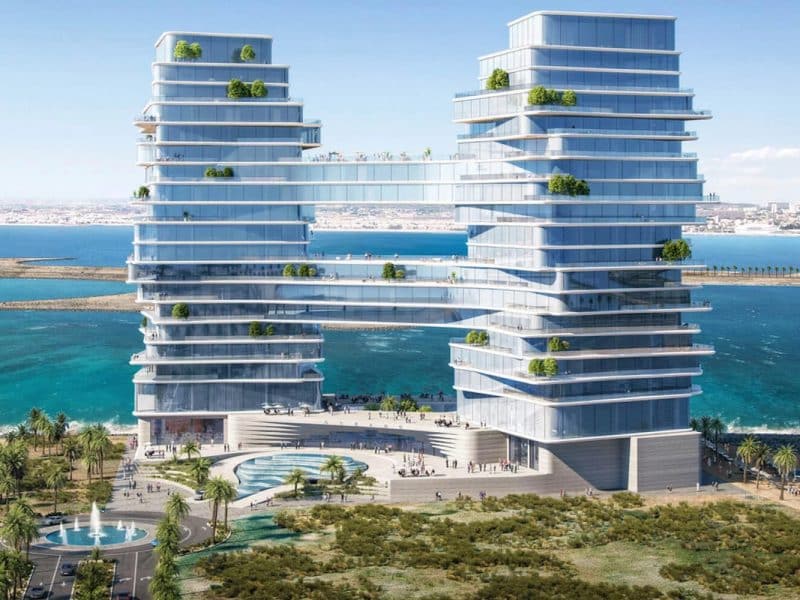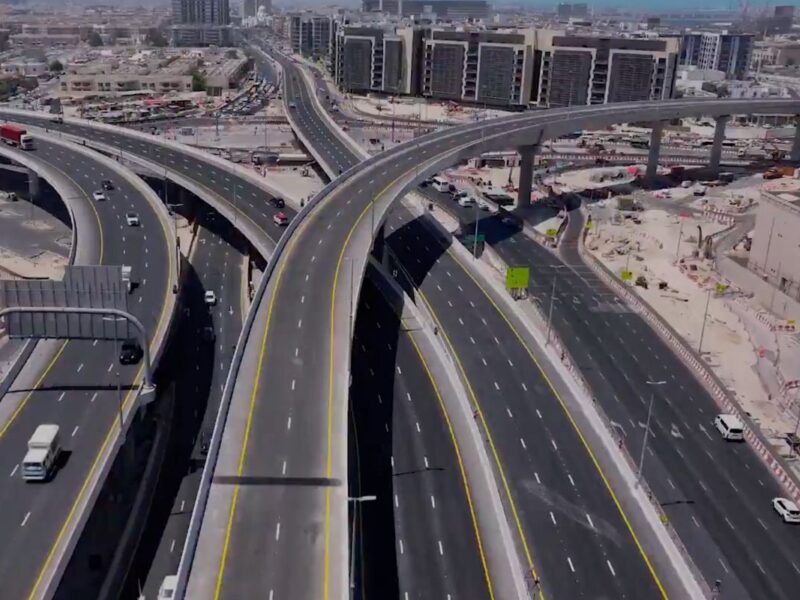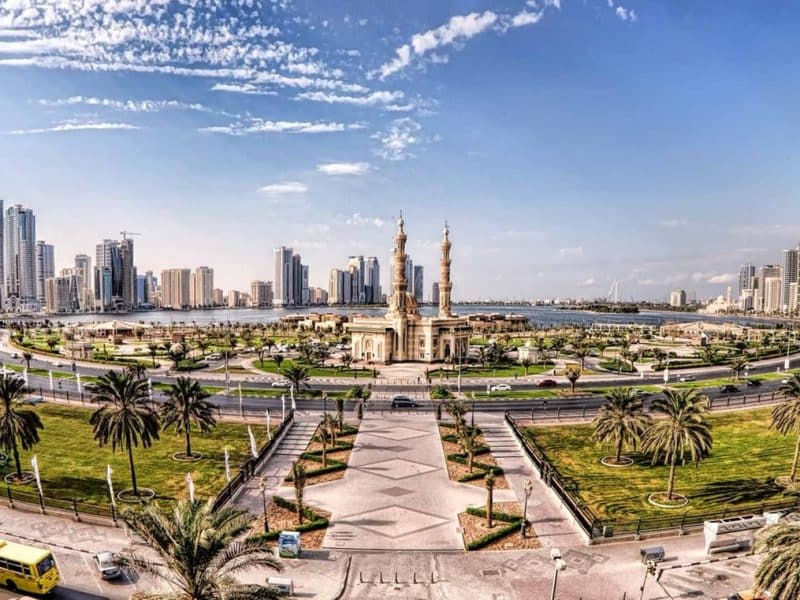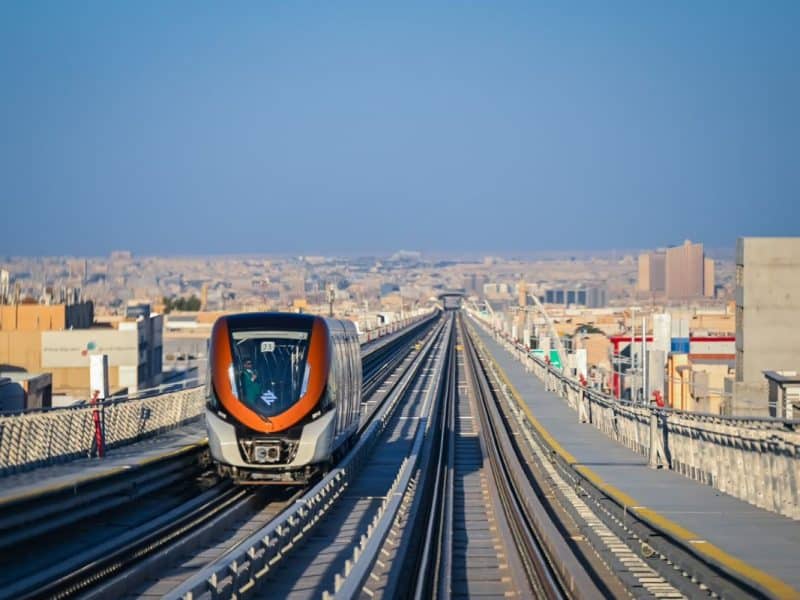Shaikhani Group has the feel of a company about to enter a new era.
Several years after surviving the last vestiges of fallout from the property market crash, the multi-billion dollar conglomerate is embarking on a new range of property projects that it says will keep it busy until 2025, and beyond.
Headquartered in Dubai, Shaikhani Group has diversified interests in real estate development, trading, manufacturing and IT.
Three-quarters of the business’ $70m annual revenue last year, however, is based on real estate, which goes right back to its roots.
Shaikhani Group’s 38-year history in the property industry started in Pakistan with Memon Real Estate, a sales agency that moved into development in 1984 with a 600-apartment project in Karachi. In its heyday, the company developed a 3,000 apartment project called Rabia City.
“It was the biggest project in Asia at that time; that was in 1987,” says Mahmoud Shaikhani, managing director of Shaikhani Group.
The company, established by Shaikhani’s late father, set up a rubber insulation factory in Ajman, called Rubber World, which was initially run by Shaikhani’s cousin.
“It was a rare product. In ‘93 there were only three factories in the world for rubber insulation,” he explains.
In 2003, the company sold its 145,000 sq ft factory site and moved to a smaller 80,000 sq ft factory. From the profit made in the transaction, Shaikhani Group embarked on its first foray into the property market in Dubai, investing in International City’s ‘Spain’ cluster. Two years later, Shaikhani sold its interest there, bought plots in Dubai Sports City and launched the first of six projects on the site, Champion Tower One, in 2006.
With further projects launched in Jumeirah Village Circle, Shaikhani says the company was hit by the 2008-09 crisis and admits they considered withdrawing from the real estate sector, but decided to stay and “ride it out”.

Shaikhani Group believes Dubai Sports City will continue to attract investors from around the world.
“My father injected AED30m [$8.1m] from Pakistan. Instead of investing in new lands or projects, we invested in the projects which were on hold at that time,” he says.
“In 2010, the market started moving again and there was sustainability and we started selling again and giving inventory to investors.”
He says the group sold 200,000 sq ft of residential units to three big investors “at a reduced price” in 2012 for about AED560 ($152) per sq ft when the market price was about AED750 ($204) per sq ft.
With the existing projects in varying stages of completion, the extra capital allowed Shaikhani Group to re-invest in new developments.
The experience with the first tranche of developments, particularly during the crash, and new legal changes designed to help strengthen the sector, changed the company’s policy when it came to selling off-plan. Under new rules, a project must be at least 30 percent built before selling starts, which establishes confidence that the development will be completed.
“Now it’s a totally different market and we decided that with the launch of Gardenia, a AED220m [$59.9m] project [in Jumeirah Village Circle]. We started construction in December and it’s about 38 percent complete. We started selling it in May,” Shaikhani says.
Riding it out proved a wise choice. He says the company, back in 2010, had five fully paid-for plots in Jumeirah Village Circle, valued pre-crash at AED20m ($5.4m), but worth AED2m ($544,000) at that time.
“We went through many times of crisis and what we learned from our father was ‘just bear it’. We stayed calm and now these lands are worth AED300m [$81.6m],” he says.
Earlier this year, the Shaikhani Group unveiled what it described as its ‘Vision 2025’ plan, which will see it complete projects worth a total of $952m, between already launched and soon-to-be launched projects, in Dubai Sports City and Dubai Silicon Oasis.
Included in the development plan, the company will invest $544m in additional projects in the Jumeirah Village Circle and Arjan communities, in addition to the $408m it is investing in current projects.

Gardenia Residency in Jumeirah Village Circle (JVC) is the company’s most luxurious project.
The latest phase of the development is Gardenia Residency, Shaikhani Group’s first luxury project. He says while the product is good, the response has been lukewarm from investors because of its AED1,000 per sq ft price but the interest is definitely there from owner-occupiers.
“At Gardenia the payment plan is 50 percent during construction and 50 percent post construction. The response from investors is not that much because of the price, but the end-user is there,” he says.
“We did an expo in Pakistan a few days ago and we sold about 10,000 sq foot there, because Pakistan’s property market is in crisis. We’re getting enquires from the UK, and from China and India, because they prefer this 50-50 [model].”
The luxury market does not appeal to Shaikhani, however, simply because, he says, the majority of buyers are interested in the mid-to-low sector.
“In Dubai you have 25 percent of people who can afford the luxury living and 75 percent who prefer a medium or low cost category,” he says.
“If you’re working with a cash flow or portfolio then you have to include something for the medium and low category. Dubai has all the categories [of buyers], so you have to develop yourself in that way. As a developer, in my opinion, you cannot concentrate solely on the high-end products.”
Shaikhani says there’s a very strong trend of affordable housing — so strong that he’s building an entire block of studio apartments. “In the Arjan project, we have completely planned it on studio design — all the apartments are studio,” he reveals.
“There’s a parking space with each of the 260 to 300 units. The studio sizes are different, starting from 400 sq ft to 700 sq ft. The majority will be 400-500 sq ft, but the range is about AED400,000 [$109,000] per apartment. Most people can’t afford the AED700,000 [$190,000] to AED800,000 [$218,000] price for an apartment.”
In his luxury project Gardenia, where there are 75 studio apartments, most of the enquiries have been about the studio apartments.
He puts the strong number of enquiries down to two factors — the Brexit effect and Pakistan’s “dead” property market.

Investors injected $13bn into Dubai’s real estate market through 21,773 transactions between January and May 2016.
“[The Pakistani property market] suddenly went off three or four months ago because of taxes the government is imposing, so everybody is moving their money back to Dubai,” he says.
Shaikhani remains positive about Dubai’s real estate sector, and says current trends are part of its natural cyclical nature.
“Real estate is always a rollercoaster ride of ups and downs. This is what 20 years of experience tells me: it’s two years bad, three years good,” he says.
“Since we started in real estate in Dubai in 2003, I have seen three highs and the rest is low. But three highs were enough to cover the low time. You’ve had a low time from mid-2014 to 2015 and things are getting better now.”
He says Shaikhani had one of its busiest Ramadan months this year, managing to rent out its Frankfurt Sports Tower in May, underlining his belief that the property market is “moving”.
“We took apartments from the owners to rent. There’s 224 apartments and we had 1,000 enquires and we gave 150 to 160 apartments to rent inside two months,” he says.
“The rent was AED45,000 [$12,000] to AED50,000 [$13,000 per annum] for a studio, AED70,000 [$19,000] for one bed and AED95,000 [$26,000] for a two-bed. One school took all the two-bedroom apartments in the building.
“If we have a market where people are renting, and there are people buying for their future, then it’s a good sign. It’s moving.”
He believes that Brexit should be seen as an opportunity for Dubai to attract investment from investors who have lost out in the recent currency and property fluctuation in the UK.
“For me it’s good to invest in the UK [now]. For people in the UK it’s good to invest in Dubai,” he says.
![]()
Cambridge Business Centre in Dubai Silicon Oasis is one of Shaikhani Group’s portfolio of real estate projects in the UAE.
“Suddenly they’ve reduced taxes and the rents going down. For example, an apartment in Central London went from £1m [$1.3m] to £600,000 [$784,000]. The rent was £3,500 [$4,500] and it went down to £2,400 [$3,600].
“Anybody who is investing in London at that time, to cover those investments in exchange values, if they bring the money here after some time they will get the rent appreciation, the value of the dirham against the pound will improve. In two years’ time they can take that money back to England to cover the losses that they have incurred at this time.”
In a diversification for the group, Shaikhani acquired two restaurant franchises in the UK for $2.6m, one of which is called Griller, which specialises in peri-peri chicken.
“We opened three [Griller] stores in London itself. Next month, we will start with a flagship store in Dubai, in Al Barsha. We bought the master franchise for the Middle East, Pakistan and South Africa,” he says.
Further outlets are expected to open across the UAE, in Bur Dubai, Deira and Ajman.
“The plan is for ten stores in the UAE over a period of 18 months,” he says, with Oman next for further expansion after that.
“We are looking at about 50 outlets across the Middle East,” he says.
But property will be the main focus in the coming weeks, particularly with Cityscape in mind. He says he scrapped plans to exhibit at two events in India in favour of Dubai, where he’s expecting a very good week.
“I had two stalls in India, at IREX [International Real Estate Expo] and one in Dubai Property Show in Bombay, but I cancelled both,” Shaikhani says.
“I wasn’t going to go to Citycape; it [Dubai] would be about AED150,000 to AED200,000 [$40,000-$55,000) expenditure. We were going to India [instead], but we cancelled and said we’d stay in Dubai and go to Cityscape and let people come here. If you’re participating this time, you’ll see people coming from India, China, Russia and even Pakistan and Iran.”
If the decision proves fruitful, Shaikhani Group could be on its way to becoming a key player in one of the world’s most exciting emerging property markets, helping to bring to life that new era on the horizon.









